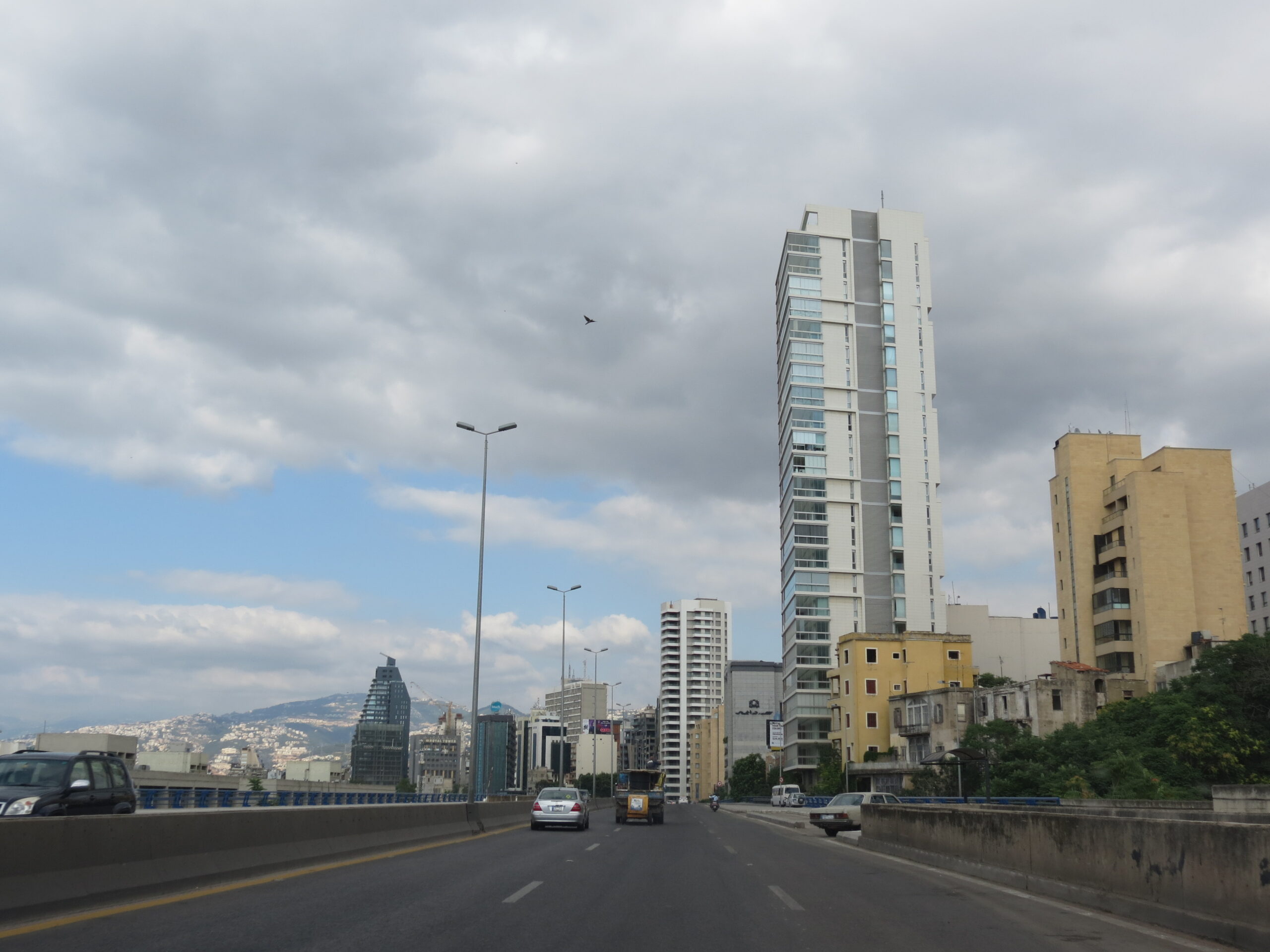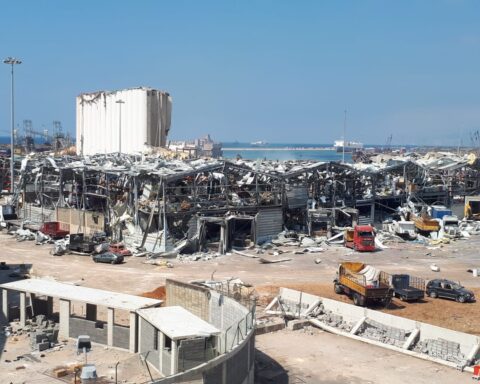BEIRUT, LEBANON (Parliament Politics Magazine): The government should subsidise their fuel prices as well as provide cash support, according to Lebanon’s transport unions. Drivers from all over Lebanon have stopped roads and highways, appealing with the government to assist them in dealing with soaring fuel prices.
On Thursday, Lebanon’s transportation unions called for a “Day of Rage” to immobilise the country and pressurise the government to lower fuel prices and provide monetary compensation to assist them cope with rising costs.
As he blocked a junction near downtown Beirut, bus driver Ali Al Jaroosh told Al Jazeera, “We are destroyed. We get paid in liras [Lebanese pounds], but our expenses are compensated in dollars.”
Bassam Tleis, the chairman of the land transport unions, said in September that Prime Minister Najib Mikati agreed to meet their requirements and compensate them.
Mikati’s rescue government, on the other hand, hasn’t met since October and has not been able to effectuate financial changes that would allow billions in international aid to be released.
It also keeps struggling to keep the currency from spiralling out of control; the Lebanese pound has lost over 95% of its value within only over two years and is quickly depreciating.
A dozen people blocked the otherwise-bustling Dawra highway on the outskirts of Beirut, including the 56-year-old truck driver, Alfred Hokayem.
Hokayem told Al Jazeera, “Today is a warning.” “This will escalate. We will riot.”
Public transport drivers have had a particularly difficult time dealing with rising fuel prices, as the Central Bank has steadily lifted subsidies since the summer last year in order to ration the country’s decreasing foreign reserves.
Fuelling the car now costs more than the minimum salary of a month, which is around $20.
According to the United Nations World Food Programme, food inflation in Lebanon is among the highest in the world, with a rate of over 557% as of last autumn.
Furthermore, widespread power outages since last summer have caused homeowners to pay exorbitant fees to private generator suppliers, which are often much higher than their own rent.
“The government must stabilise the dollar so that we can eat and live,” Mehdi Ismail, a van driver, told Al Jazeera. “How will we be able to feed our children and fill our tanks with fuel?”
Inflation is wreaking havoc on Lebanon’s other industries. Fuel wholesalers refused to offload goods on Thursday until prices were modified to reflect the depreciated Lebanese pound. Bread prices were also hiked by the Economy Ministry.
On Monday, the International Monetary Fund (IMF) will hold a virtual conference with the government of Lebanon as deliberations on a rescue programme continue.






